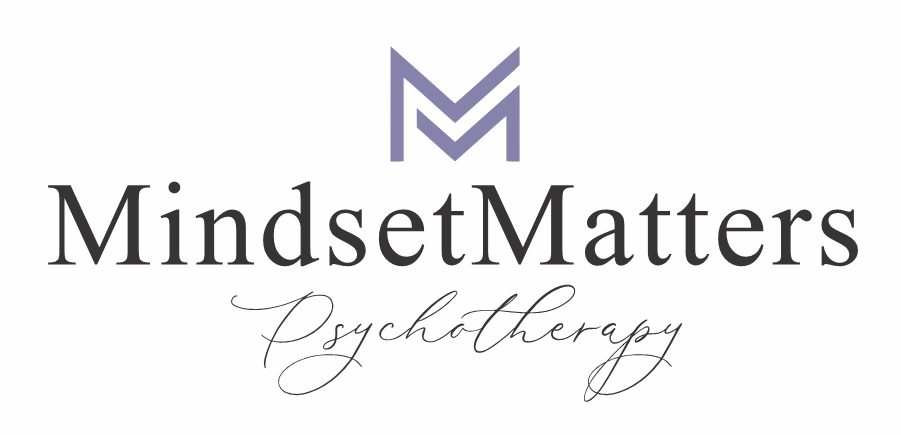ADD vs ADHD
Attention Deficit Disorder (ADD) refers to a person’s inability to sustain attention on an intended target, without the mind’s frequent wandering. Attention Deficit Disorder differs from Attention Deficit Hyperactivity Disorder (ADHD) in the area of hyperactivity; with ADHD there is the presence of a hyperactive component. But their similarity lies in an inability to innately regulate focus or attention. At times it is extremely difficult to remain engaged in a certain task without the mind’s wandering. Multi-tasking isn’t really an option; it just happens naturally (too much of the time, in fact).
Yet hyper -focusing for long periods of time can also be an issue, since there is difficulty regulating attention span. When a certain task should take a few minutes to accomplish, the person with ADD/ADHD may spend hours on it, "stuck," as it were.
ADD and ADHD are present in children, teens, and adults, although generally the hyperactive component disappears by adulthood (though not always).
The terms ADD and ADHD are often used interchangeably, and in so doing, both categories of people are implied. Within this site, you will find that the term ADD is generally used to describe anyone with Attention Deficit, whereas, since ADHD specifically targets the portion of the ADD-ers who also have the hyperactive component, ADHD will be generally used to describe a more active or rambunctious type of person with Attention Deficit Disorder. In other words, they all have ADD, but not all have ADHD. Having said that, however, you will find that ADHD is often used out there in the world to describe ADD (which is not a problem). The bottom line is, there is a dysregulation of focus or attention, whether with or without a hyperactive component.
Links and Resources on ADD/ADHD
Strategies and techniques for overcoming the challenges associated with having Attention Deficit are found throughout the many articles that are categorized on the left under "Categories," and can also be located under the "Tags" heading (click on any word in the tag cloud for a list of articles that are relevant to ADD/ADHD).
Additionally, links and resources outside of this site are listed below, which you may find helpful:
- CAMH (Centre for Addiction and Mental Health
CAMH operates central clinical and research facilities in Toronto. They also have 26 locations throughout the province of Ontario that provide communities with education and support for program development, health promotion and prevention. The main site in Toronto is:
CAMH1001 Queen Street West and 30-60 White Squirrel Way (Queen and Ossington)Toronto,
Ontario
M6J 1H4Tel: (416) 535-8501Designated Visitors Parking Area located off of Shaw Street.
Paid Parking: Cash only
Additional CAMH sites and CAMH contact information - Ontario Bilkey ADHD Clinics
Ontario Bilkey ADHD Clinics400 Bayfield Street, Suite 245
Barrie,
Ontario
L4M 5A1Tel: (705) 726-0036Fax: (705) 726-0836www.bilkeyadhd.com- ADRN (Attention Deficit Resource Network)
Email:info@adrn.orgCenter for Mindfulness419 Belmont Ave. 2nd floorWorcester,
MA
01604Tel: 508-856-2656Email:
mindfulness@umassmed.eduJon Kabat-Zinn, Ph.D.,
P.O. Box 547Lexington,
MA
02420- Book: Full Catastrophe Living, by Jon Kabat-Zinn, Ph.D., available at Amazon.ca, Publisher: Delta (May 1 1990); ISBN-10: 0385303122; ISBN-13: 978-0385303125
- Evernote – a wonderful note-keeping system to help keep you organized and to help you find information when you need it.
- FlyLady.net – a site to help those who are organizationally challenged and easily get side-tracked, to stay on task and accomplish tasks in small, effective steps.
- (more links and resources to come)
- ADRN (Attention Deficit Resource Network)
